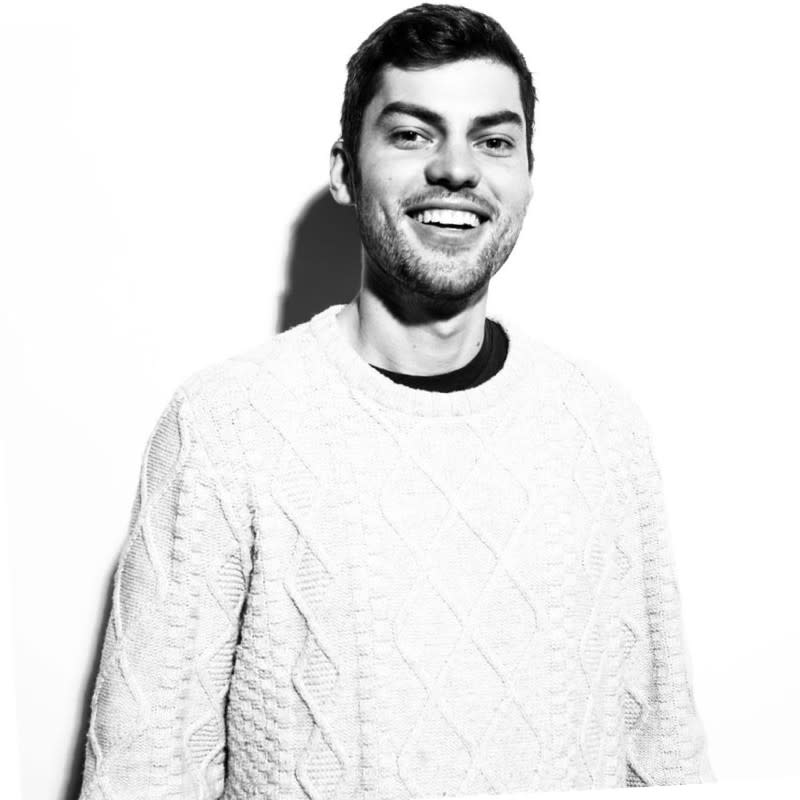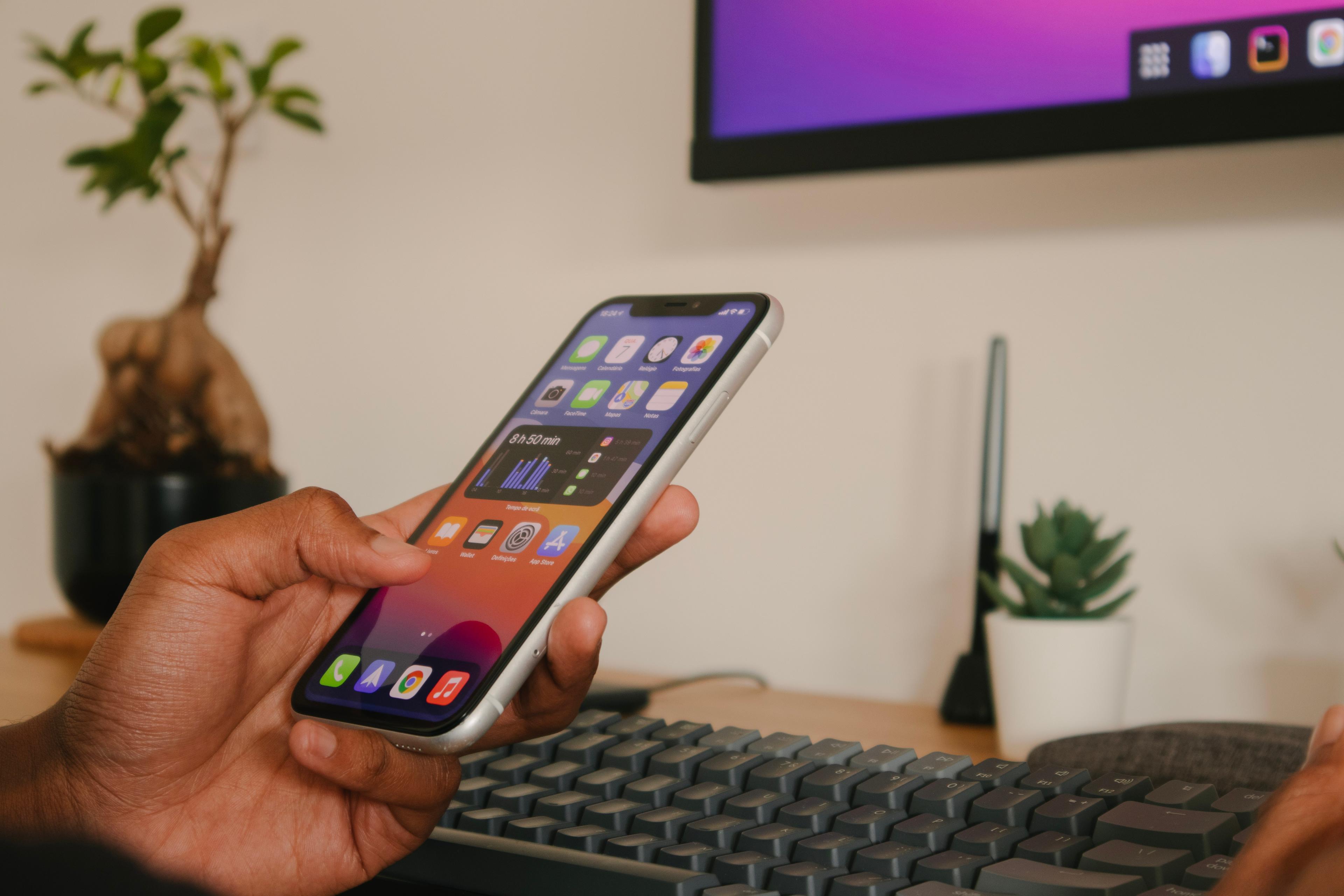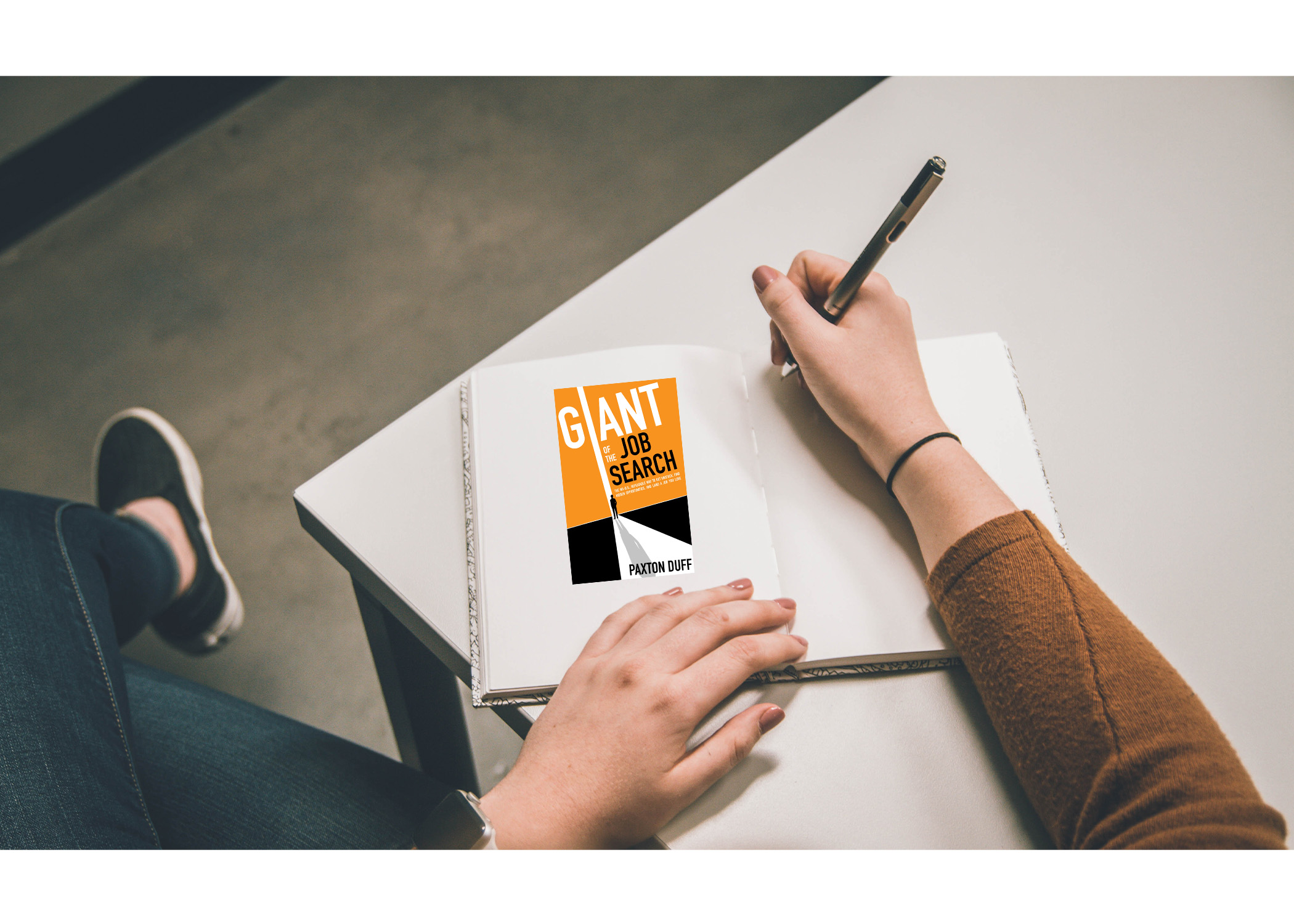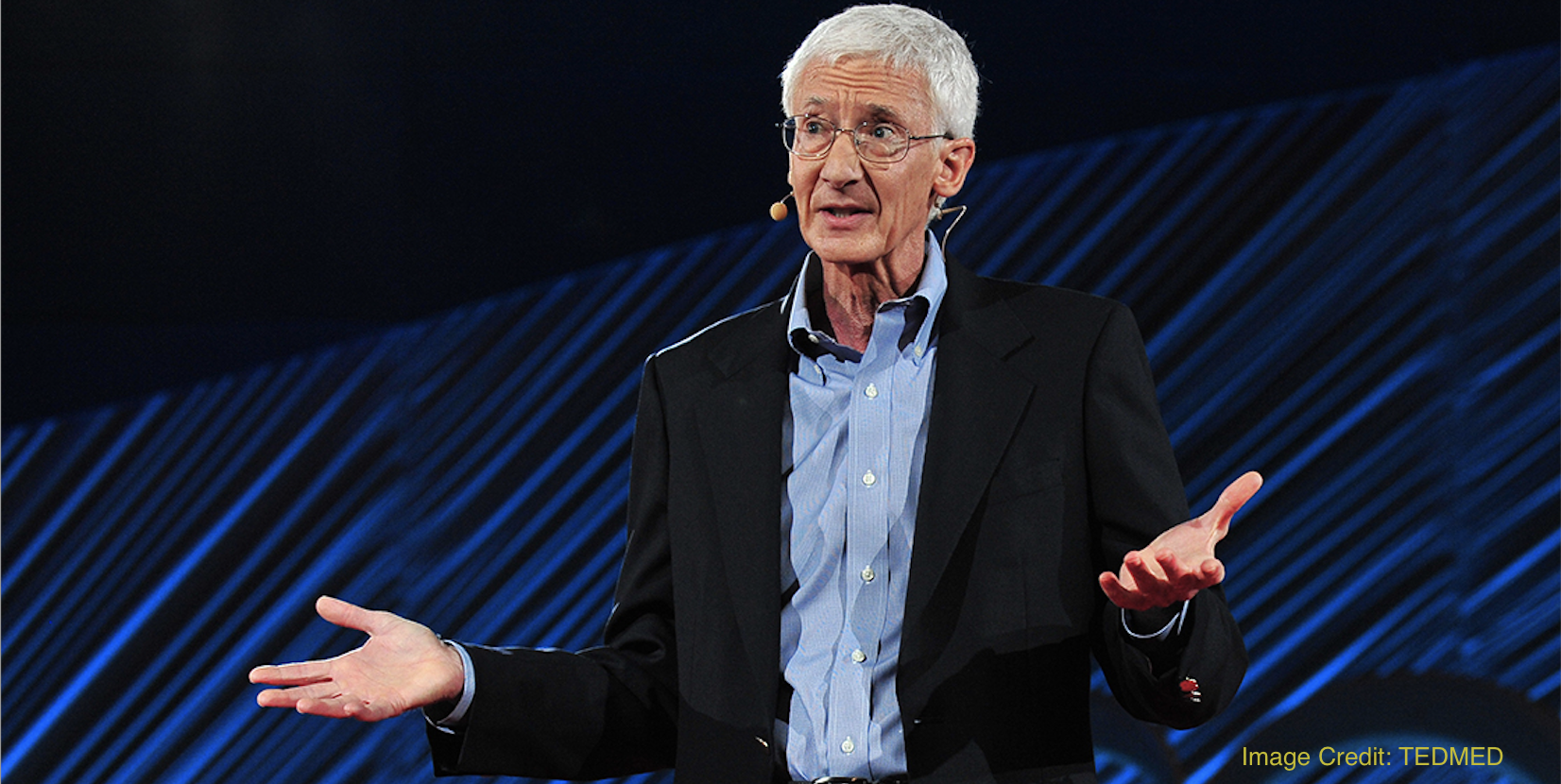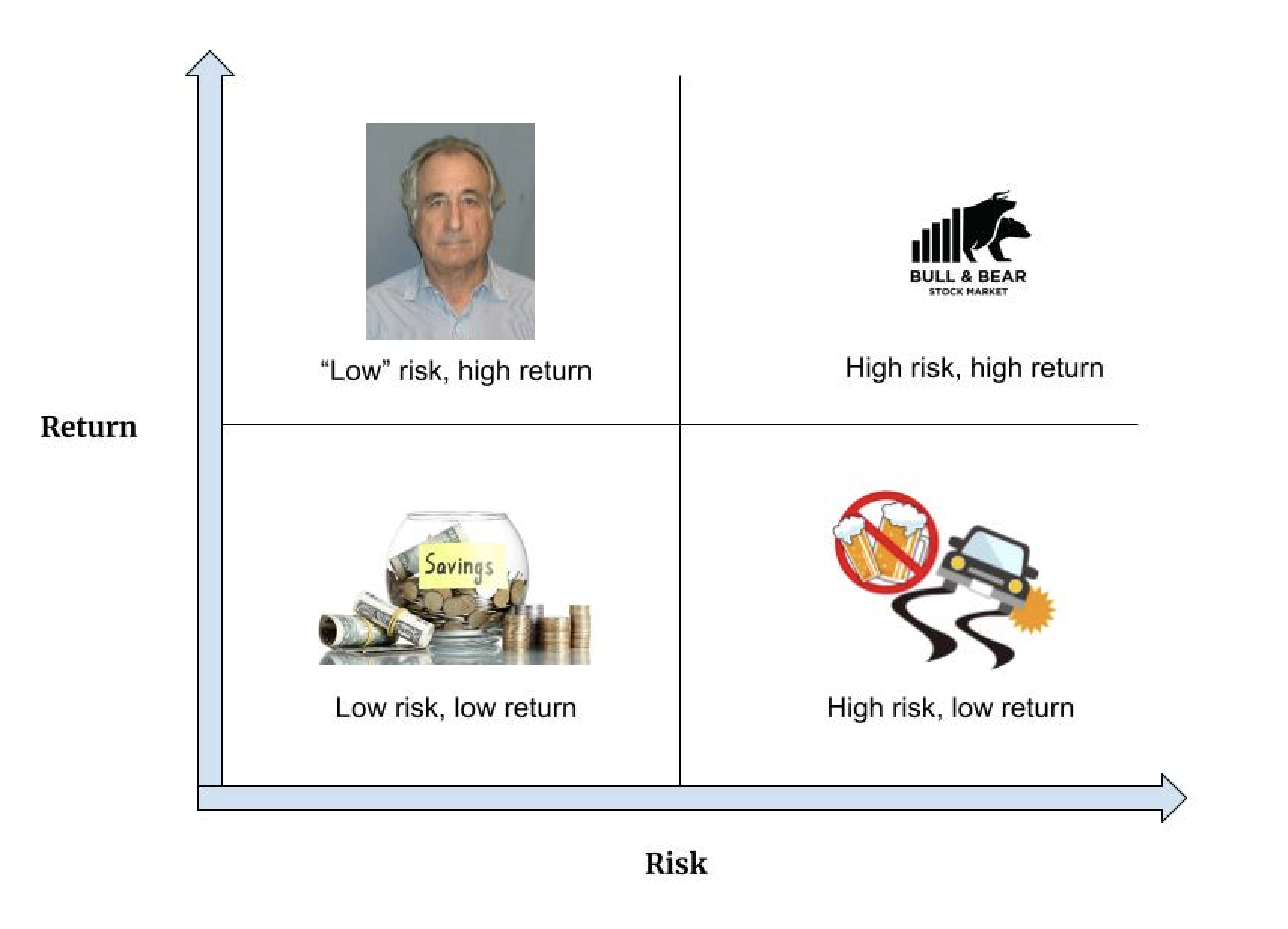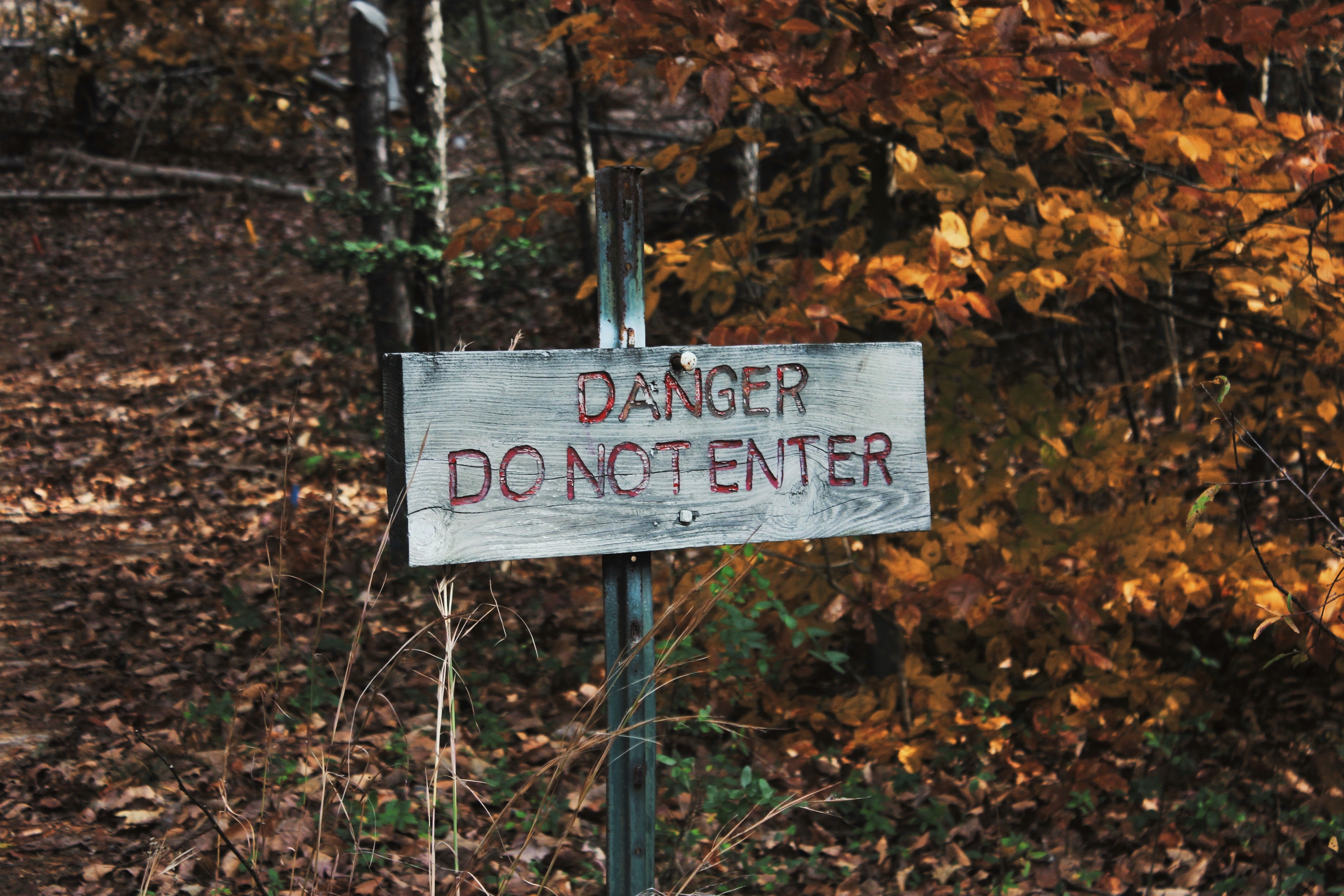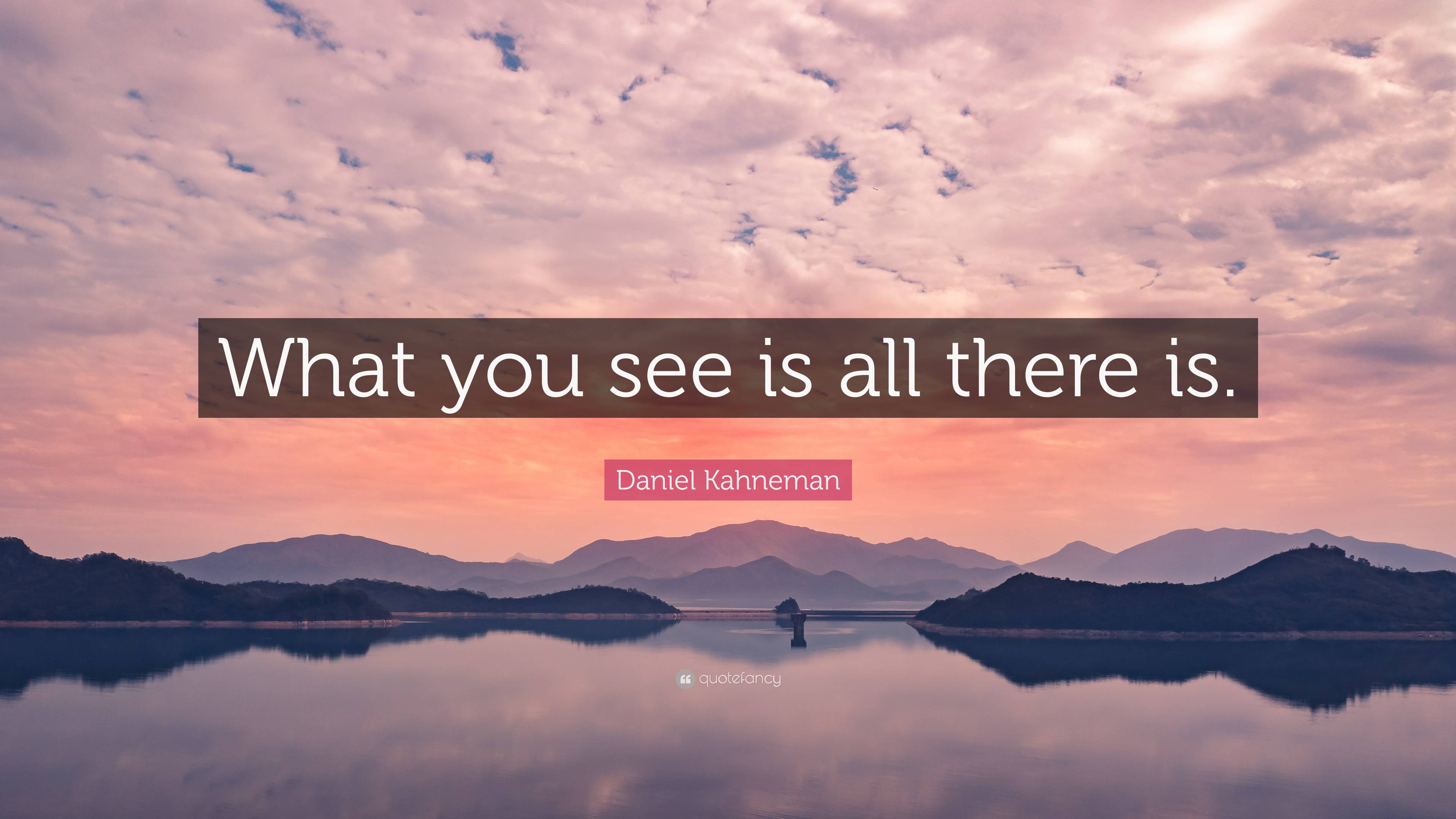McDoubles for our Minds
Billionaires
As a tail-end millennial, I have noticed that “our” priorities and symbols of wealth differ from those of generations past. Wealth means wearing whatever you want and working from wherever you want. (This is what wealth meant when I wrote this draft in February. We are all wealthy now!)
The stuff accumulated by parents goes unwanted, and money (for the fraction of millennials who have it) is notably spent on travel, yoga memberships, and micro-donating to doomed political campaigns—hey billionaire donors watching this happen, YOU LIKE THAT?
Values have shifted too. Health, wellness, and sustainability are at the forefront of our minds. We treat them as pseudo-sacred entities, though few of us protect the most important faculty of all: our minds.
Why do we not treat our minds and our attention with the same level of sanctity?
Attention
To accomplish anything meaningful or fulfilling, like raising a child or writing a musical to fill the gaping hole in our hearts that sports’ absence has caused, we must be able to focus on difficult tasks for long periods of time. Extended focus is precisely the opposite of what most “knowledge workers” are paid to do. We bounce between nine tabs, email, and Slack, and pull out our phones to watch Instagram stories to take a break from all of this “exhausting” multitasking.
Our attention spans are suffering death by a million stimuli. We protect our physical selves, and may even protect our time, but time management is meaningless if we cannot manage our attention.
In the past, information and time were both finite resources. This has changed. Information is now an infinite resource for anyone with an internet connection, yet time remains finite. Fundamentally, we can only focus on one task at a time, so infinite information cannot solve all of our problems by itself. The internet is leveling the playing field, but the spoils will go to the people who use it wisely.
Flipping between Instagram, Snapchat, Twitter and (god forbid) Tik Tok may temporarily save us from the terror of being alone with our thoughts, but it’s training us to chop our focus into 500 little pieces until our attention span atrophies completely. Is technology (when used like this) really serving us, or are we serving these companies’ shareholders?
Wu Tang
Tim Wu writes in his book, The Attention Merchants, “Over the coming century, the most vital human resource in need of conversation and protection is likely to be our own consciousness and mental space.” It seems unfathomable that people will voluntarily say no to more stimulation and information, yet it is the mind’s sole chance to recharge.
Mental health’s perceived importance is rapidly gaining on that of physical health, as it should. If you treat mental health as seriously as you treat physical health, then you will see no difference between checking social media every time you hear a ping and stopping at every fast food restaurant that you drive by to eat a few bites. (A better analogy would be seeing a fast food restaurant and instantly reaching into your pocket to grab a few fries.)
This would be considered insanity. Unless, of course, you are my heroes from Epic Meal Time.
My hope is that our mass quarantine will wake us up and force us question our relationship with our attention.
iPhone
We don’t rise to the level of our expectations, we fall to the level of our habits and systems. We need better habits and systems, not more willpower or self-hatred. To build any habit, we have to start small. Though no “hack” will win the war for our attention, implementing good habits allows us to get out of our own way. For my money, getting out of your own way is the principal element in accomplishing anything. (Getting out of your own way: Nobody is a harsher critic than the voice in our own heads, and it is usually the final and biggest obstacle that we have to overcome to try anything new or scary.)
In regards to tech “hacks”, people have told me that “you’re missing the bigger picture.” John Wooden won ten championships as a basketball coach but began the season by instructing players how to properly put their shoes on, so they would avoid blisters. Wooden, too, was missing the bigger picture. Terrible career.
Even the esteemed writer and thinker, Nassim Taleb, believes in a convoluted system that allows us to avoid unwanted distractions. In his 2004 book, Fooled By Randomness, he writes, “Without [tech and media] tricks I would not escape the toxicity of the information age.”
I recommend trying the following three ideas for a week. If it upsets you after seven days as much as it does on the first day, I will personally Venmo you an undisclosed sum of money.
(These three concepts are supported by some of tech’s brightest minds, including the builders of these technologies themselves, like Tristan Harris. See the grayscale link below.)
A. Phone notifications should be reserved for (basically) texts and calls only.
I’ve allowed only four notification types for years, and have never missed anything important. If it really matters, someone will tell you almost instantly.
Phone calls and voicemails – I believe that calling and Facetiming are much richer than discovering that your former classmate from 22 years ago is pregnant as we peruse Facebook or Instagram to “keep up with our friends”.
Text and messaging apps (I mute all group messages that are too big / are not very close friends or family. A single phone call with a friend is much richer than 700 group messages with 14 people.)
Venmo, Uber, Calendar etc.
Louisville sports scores (RIP sports).
B. Change your phone to default grayscale
I started doing this in college, and have since converted several people the #darkside. It’s a better cult that Doc Antle’s! (Tiger King forever!) In addition to saving battery life and being less prone to accidental rabbit-hole nosedives, all you have to do is triple-click to view any photo or video in color (see above link).
C. Put (almost) all apps in one folder
Putting all non-essential apps (i.e. everything besides messages, notes, phone, maps, etc.) in a single folder forces you to swipe down on the home screen and manually search for an app. Adding this small barrier gives you the chance to regain consciousness when going to your phone. If you need the app, your conscious mind can log on in two seconds, but if you are experiencing a regular bout of “anxiety-induced Twitter opening” like I do, you will have the time to catch yourself.
At this point, you are thinking one (or more) of the following things:
Maybe I’ll turn off a few notifications, I’m an open-minded individual.
I’m reading this post out of a sense of obligation to Paxton, how much of this blog is left?
You are so weird. Why would anyone do this?
Addressing point one, come to the #darkside. Addressing point two, like 300 words. And addressing point three, of course I’m weird. I will never dispute that.
In the words of one of the lords of my echo chamber, Y-Combinator co-founder Paul Graham, “You can probably take it as a rule of thumb from now on that if people don’t think you’re weird, you’re living badly.”
Graham notes that smoking’s perception evolved from a celebrity-endorsed, omnipresent activity to an activity practiced by addicts who are huddled in the cold outside of a building. Environmental activists in the 1960s were an extreme, “weird” minority, but they seem pretty prescient from today’s viewpoint. In the same vein, I firmly believe that the backlash against attention hijacking has begun, and will continue to grow.
Hijacking
If attention is inseparable from mental health, as I believe it is, then attention is as important as our physical health. The hijacking of our attention is undeniably linked to the modern spike in anxiety and depression (especially for teens). Our ever-present distraction takes us away from our goals, contentment, and the people we care about who are literally right in front of us.
The foundation of the entire economy is human attention. In the old days, our attention was targeted to make us buy products. As I’ve written before, many of America’s richest companies (Google, Facebook, Twitter) now make money almost exclusively from advertising. This means that human attention is literally their only product. This is insane to think about.
Michelle Obama told kids to exercise, but the onus is on them to move their butts. Weirdo millennial bloggers can tell us to delete social media and reclaim our lives, but we have the final say in our actions. (See my friend Darian Allbery’s blog post on the history of attention merchants.)
Big Picture
Using iPhones, social media, and the internet as a tool is only one part of the puzzle, no matter how militant you are. Sleep, exercise, and deliberate inactivity (like a walk without headphones) all allow us to focus for longer periods of time than we’re conditioned to do. This enhanced focus is the only way to achieve difficult goals—if you are into that, of course. Focus needs to be adopted en masse if we want to calm our minds and solve the great challenges before us.
Fortunately, the world is not facing any big challenges right now. Until next time—off to go eat a sit down meal in a crowded restaurant!
